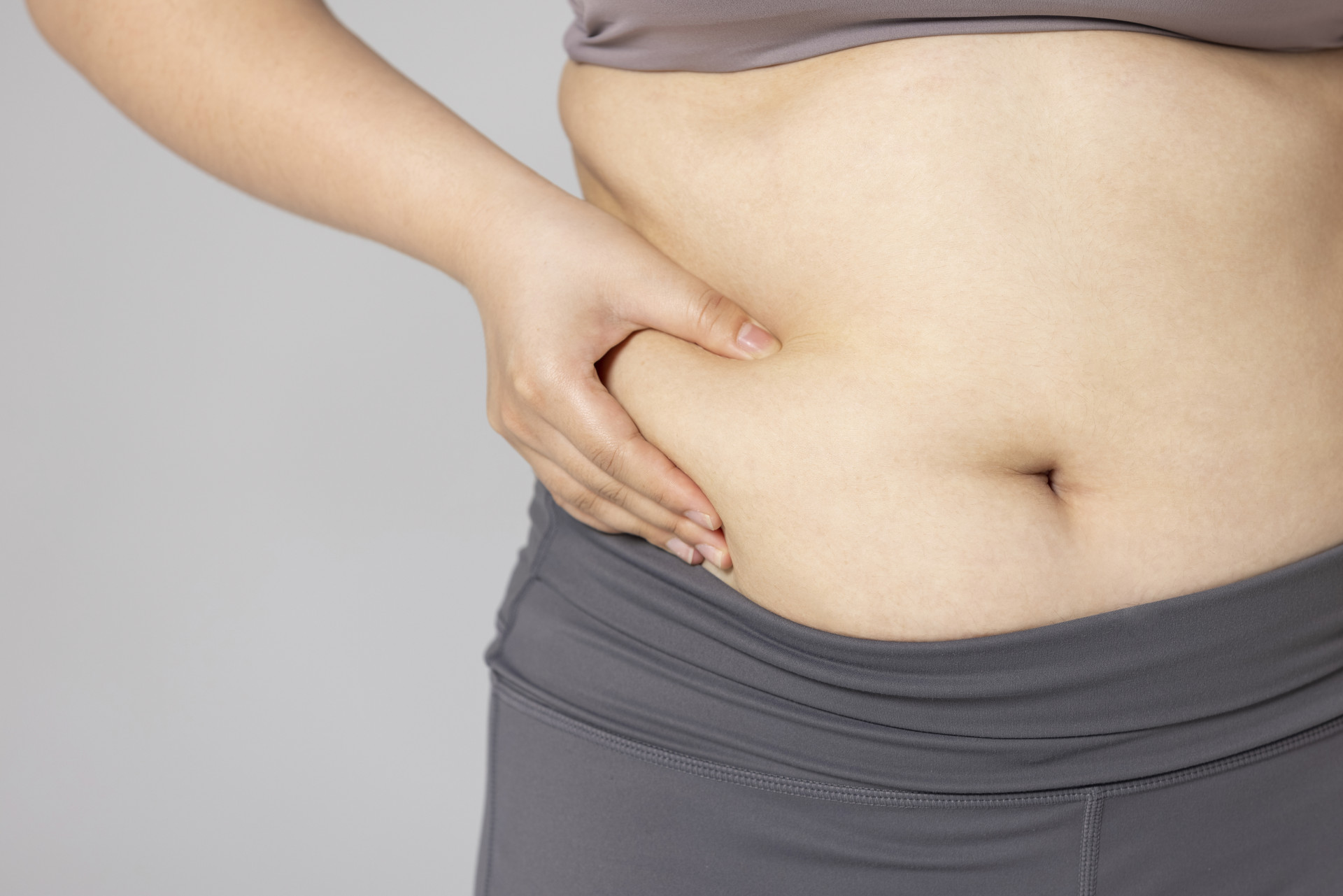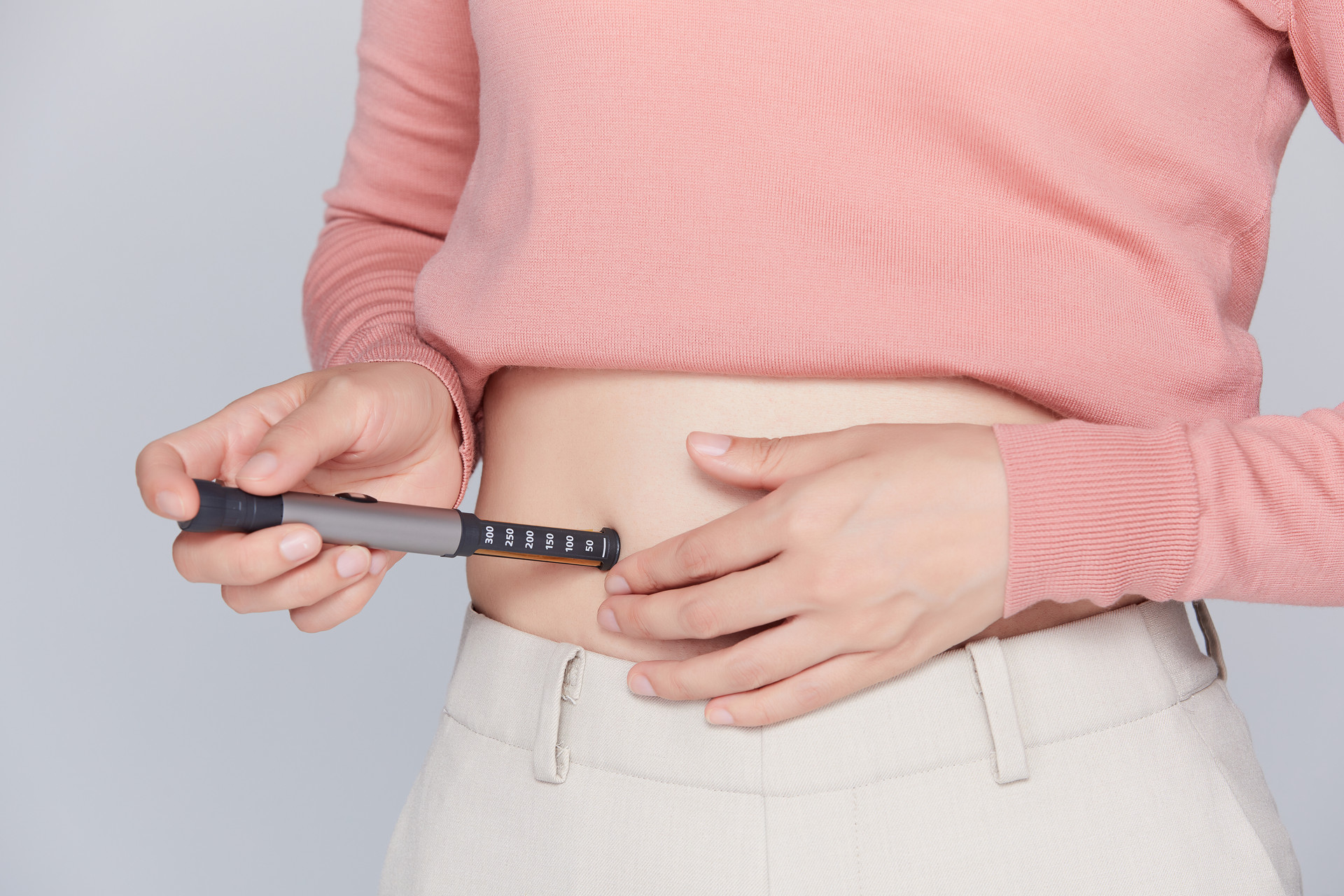As is well known, women who are pregnant and postpartum need a very important inorganic element - calcium, to ensure the nutritional needs during pregnancy and breastfeeding, and to maintain the physiological function and metabolism of both the mother and the child. Generally speaking, women in the 5th month after pregnancy need a daily calcium intake of 1500 milligrams, and after childbirth, with the increase in lactation, a daily intake of 2000 milligrams of calcium is needed to meet the needs of breastfeeding. Full-term childbirth can cause the mother to lose about 25 grams of calcium, and even if it is continuously replenished afterwards, according to normal absorption and physiological metabolism, it will take about 2 years to make up for it. If women do not get enough calcium during pregnancy and postpartum, they will inevitably have to use the calcium stored in their bones, leading to loss of bone calcium, which in the long run can cause osteoporosis. The most common and main symptom of osteoporosis is pain. It is not surprising that pregnant and postpartum women with calcium deficiency experience bone pain. In the past, due to the lack of knowledge in this area, it was mistakenly believed that the postpartum body pain was mainly due to the invasion of cold evil, so the misunderstanding has been passed down to this day.
Clearly, to prevent postpartum and even lifelong pain, it is not only necessary to avoid cold, but more importantly, to supplement calcium. Pregnant and lactating women should pay attention to a balanced diet, correct their eating habits, eat more calcium-rich foods such as dairy products, legumes, meat, seafood, and green vegetables, and engage in appropriate physical activity. They should also frequently go outdoors to get sunlight and quit smoking and alcohol habits. For those with severe symptoms, it is necessary to actively, effectively, and continuously supplement calcium supplements for treatment.











